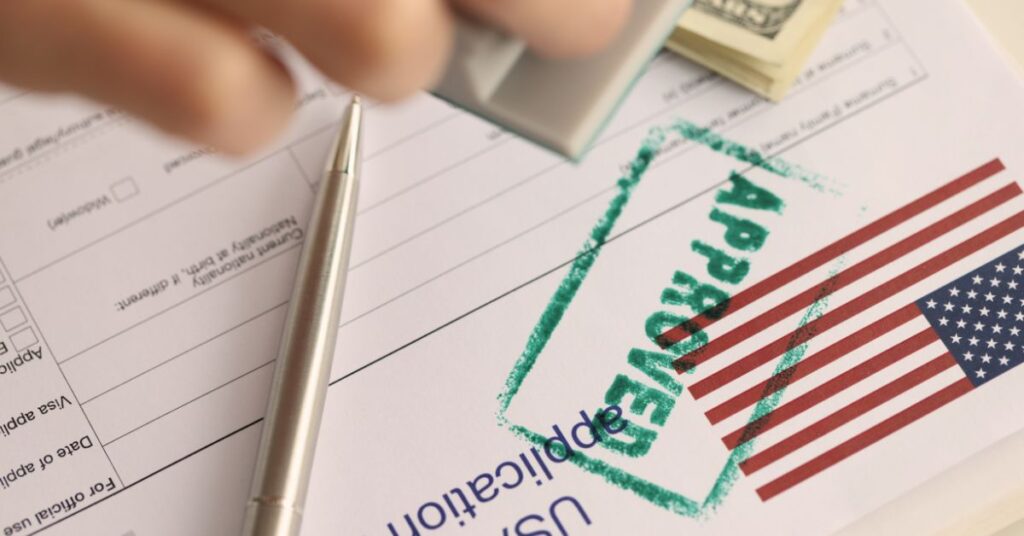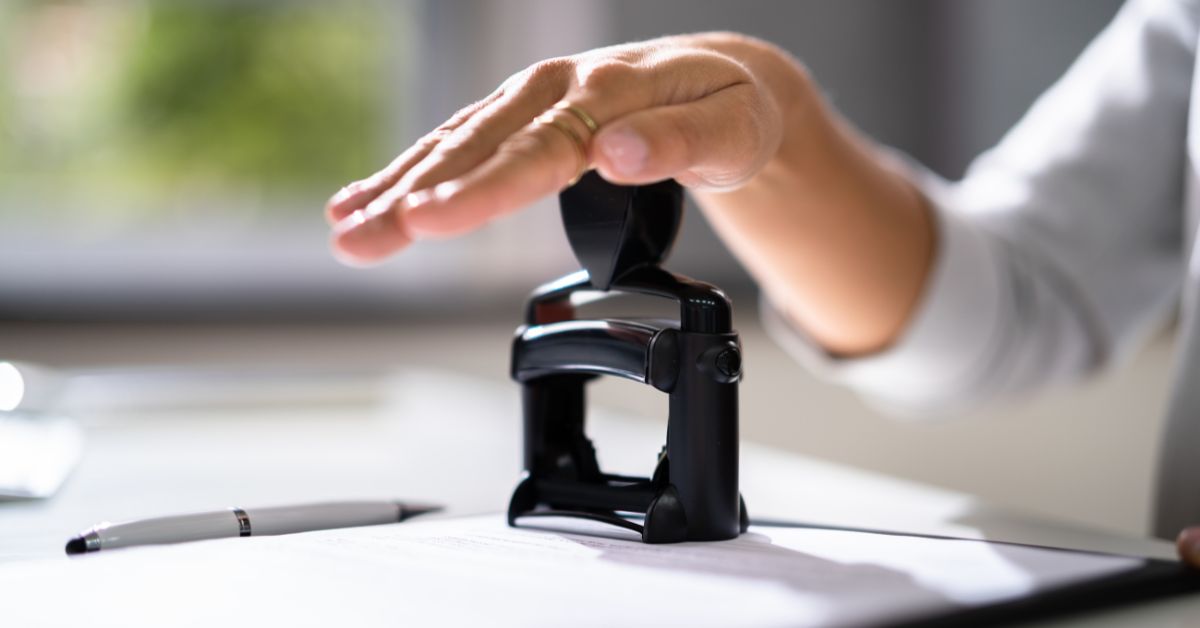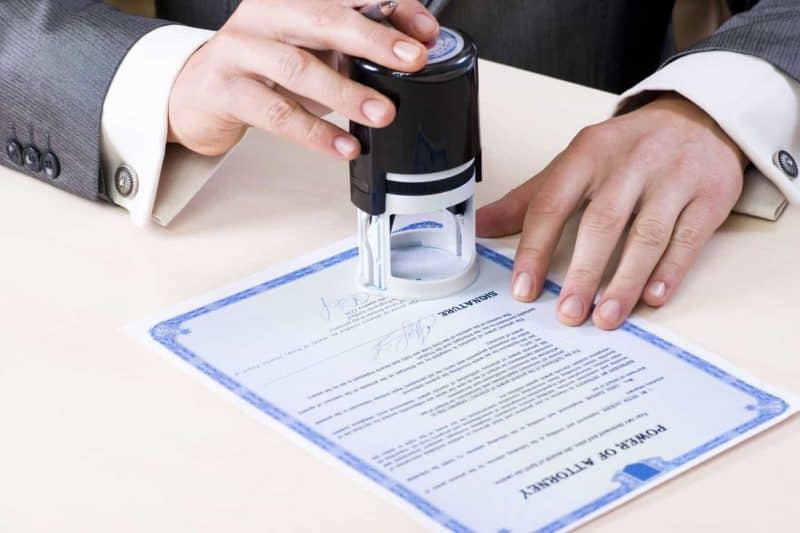When you plan to use documents abroad, you often encounter terms like “apostille” and “legalization.” While both processes ensure that your documents are internationally recognized, there are key differences between these two methods. Understanding what an apostille is, what legalization involves, and when you need each procedure is crucial.
What is an apostille?
An apostille is a form of document verification originating from the Apostille Convention, also known as the Hague Convention of 1961. This treaty was established to simplify and speed up the international exchange of official documents. An apostille is a standardized stamp or certificate attached to a document to confirm its authenticity for use abroad.
How does an apostille work?
When a document receives an apostille, a competent authority—such as a court in the Netherlands—verifies the authenticity of the document and the signature on it. Then, an apostille stamp or certificate is added to the document. This certificate includes key information, such as the name of the signatory, the date of issuance, and the official seal of the authority issuing the apostille.
The main advantage of an apostille is that it provides a simple and quick way to legalize documents for international recognition. Instead of a complex and lengthy process, an apostille is often obtainable within a few days and is recognized in more than 120 countries that are members of the Apostille Convention.
The legalization of documents
Legalization is different from an apostille and involves a more extensive verification process applied in countries that are not part of the Apostille Convention. With legalization, the document must be approved by multiple authorities before it is recognized abroad.
The legalization process typically consists of three steps:
- Verification by the local authority: First, the signature on the document must be verified by the authority where the document was originally issued, such as a notary or municipality.
- Verification by the ministry of foreign affairs: After approval by the local authority, the document must be checked by the Ministry of Foreign Affairs of the country where the document was issued.
- Verification by the consulate or embassy: Finally, the document must be approved by the consulate or embassy of the country where the document will be used. This is the last step in the legalization process.
Only after completing all these steps will the document be officially recognized in the destination country.
When do you need an apostille?
You need an apostille if you intend to use your documents in a country that is a member of the Apostille Convention. This treaty significantly simplifies the document legalization process, as it ensures mutual recognition of apostilles among the participating countries. Common documents that may require an apostille include:
- Birth certificates
- Certificates of good conduct (VOG)
- Pharmaceutical certificates
- Free sale certificates
- Marriage certificates
- Diploma’s

When do you need legalization?
Legalization is required when you want to use documents in countries that are not members of the Apostille Convention. Examples of countries where legalization may be necessary include:
- Qatar
- United Arab Emirates (UAE)
- Kuwait
- Vietnam
- Thailand
In these countries, an apostille is not recognized, meaning you must go through the full legalization process. This can be more time-consuming and involve more steps than obtaining an apostille.
Key differences between apostille and legalization
Now that we have covered the basics of both apostille and legalization, let’s summarize the main differences:
- Accessibility: An apostille is only valid in countries that are members of the Apostille Convention, while legalization is required for countries that are not part of this treaty.
- Process: Obtaining an apostille is a relatively simple and quick process involving just one authority. In contrast, legalization requires approval from multiple authorities, including the consulate or embassy of the destination country.
- Cost: Generally, an apostille is cheaper than legalization, as the legalization process involves multiple steps and therefore incurs higher costs.
- Timeframe:Since an apostille requires only one stamp, it can usually be obtained within a few days. The legalization process, however, can take weeks, depending on the authorities involved.
How do you know if you need an apostille or legalization?
Determining whether you need an apostille or legalization for your document can be confusing. The simplest way to find out is to check whether the country where you plan to use the document is a member of the Apostille Convention. You can easily search for this information online or inquire with the issuing authority.
If the country is a member of the Apostille Convention, you usually only need an apostille. If the country is not part of the treaty, you will need to undergo the full legalization process.
Need help with legalizing documents or obtaining an apostille? JuridConsult is here to guide you through this complex process and ensures a careful and efficient handling of the procedure.




